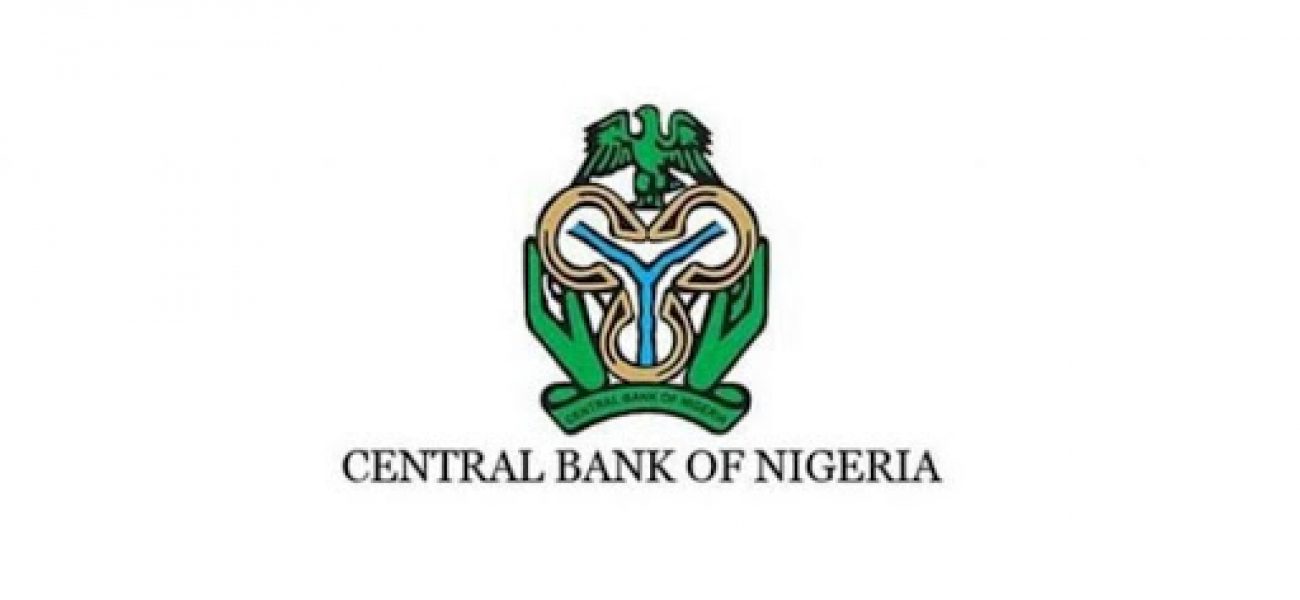After much pressure and criticism, the Central Bank of Nigeria (CBN) has now issued an announcement that the old N200, N500 and N1,000 notes will remain legal tender until December 31, 2023, in accordance with the Supreme Court decision on the CBN’s Naira redesign policy. This policy has come under severe criticism from suffering Nigerians for the pain and anguish it has caused. Several small-scale businesses have shut down. Huge numbers of daily business activities have been scaled down. There are even reports of deaths occasioned by ill-thought, poorly executed policy of naira recolouring or redesign.
CBN had announced in October 2022, that it was implementing the policy to enforce a cashless economy and stop ‘vote buying’ ahead of the 2023 general elections. Apparently however, CBN has not shown that it understood the ramifications of its policy nor even the problem that it claimed that it was seeking to address. The poor technological infrastructure and rudimentary technology in the banks exposed the foolhardiness of its policy. Bank customers were unable to complete bank transactions using online apps and internet banking services. Hundreds of thousands of customers have lost billions of naira to failure of banking apps and online payment systems. Point of sale machines have collapsed and citizens have seen life savings and income wiped out. Even the Central Bank’s claim that it is aiding the prevention of vote buying has been shown to be a ruse as it neither contacted the Independent National Electoral Commission (INEC) nor law enforcement agencies, to give it, its assumed mandate of curbing vote buying.
Though the Central Bank has now said that the old notes are legal tender, it is unclear how full meaning can be given to the Supreme Court judgment when the mindset of citizens, retailers and vendors has shut out the old notes. Most citizens complain that no one is willing to accept the old notes for transactions and although the commercial banks are paying out the old notes, they are refusing to accept them back into their deposits. In the meantime, the suffering of citizens, their means of livelihood and businesses intensifies.

